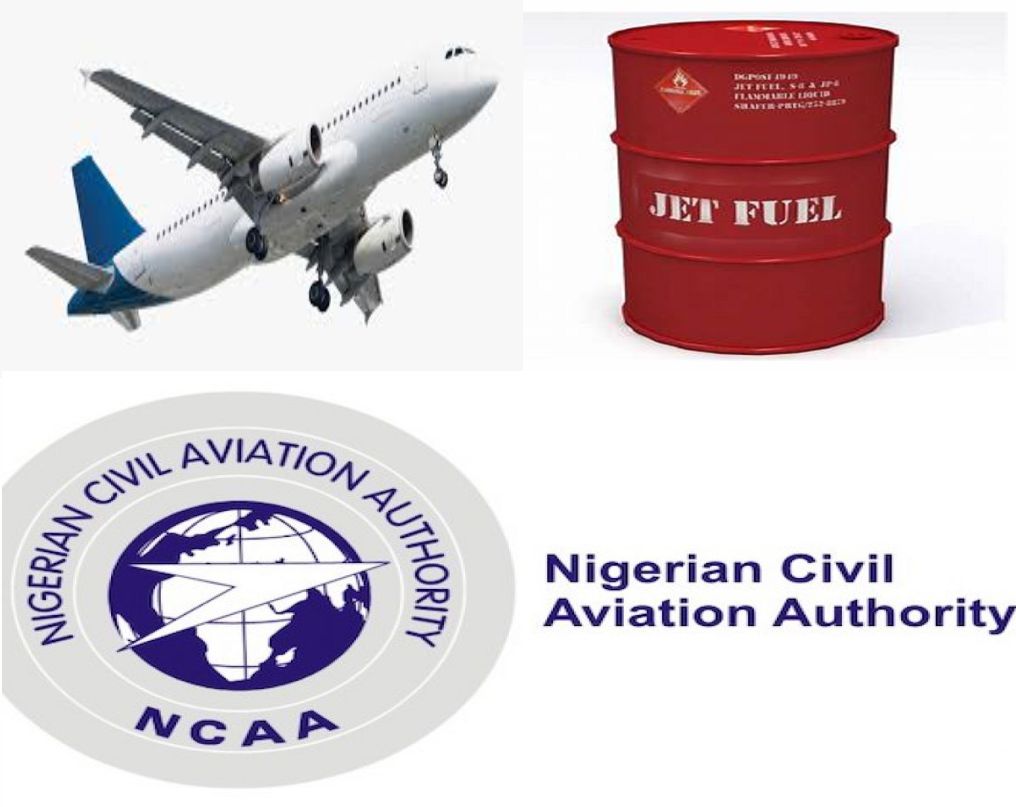
There is no doubt that the Nigerian aviation industry has made significant progress in terms of the number of operating airlines, the expansion of operating routes, safety, and many other areas, but efficiency and profitability remain unanswered questions.
This is not far from the obvious reality that the business model used by Nigerian airlines does not fit the industry’s unique challenges.
While we applaud the new entrants into the airline industry, it is unfortunate that some of them came in to simply add to the numbers without providing a clear solution to the industry’s problems.
If you’ve been in the industry long enough, you’ll recognize that the issue of fluctuating aviation fuel prices, availability, and forex scarcity in Nigeria is a recurring one, and no airline owner has the moral right to claim ignorance of the challenge. So, what happened to make the chief operating officers, directors of operations, and operations managers unaware of the impending challenges, and if they were aware, what efforts did they make to mitigate them?
This implies that the major issue for airline owners in the industry is not the current challenges confronting them, but rather an inherent unwillingness to redesign their business model to accommodate recurring fuel scarcity.
With all due respect to the efforts of the NCAA’s current leadership in achieving this level of growth in the industry, such commendable efforts should be encouraged if this growth is to be sustainable. In this article, I will discuss how regulatory agencies can assist airlines in adopting operating business models that can address the industry’s well-known issues, regulatory authorities and all stakeholders have a responsibility to review the current policies governing the sector or ensure full implementation of the existing ones in order to promote efficiency, safety, and profitability in a sustainable manner because it is imperative the current operation strategy and business model is not sustainable for operations in Nigeria coupled with the increasing prices of Jet A1 except for few airlines who are now adopting fuel efficient and low capacity aircraft.
It is every airline’s corporate responsibility to find solutions to their problems rather than forming an alliance that threatens to shut down operations. We have foreign airlines operating in these airports, and they are not threatening to shut down operations due to fuel price increases; instead, they are finding ways to stay in business.
As a result, I believe it is time for regulatory authorities to review their regulations in order to include clauses and phrases that will compel airlines to design business models that will provide solutions to the industry’s existing challenges, just as during the process of obtaining the AOC or recertification, airlines demonstrate to the authorities how they plan to ensure safe and efficient operations by submitting contract agreements with AMOs, ground handling companies, and so on but nobody scrutinizes their business model to confirm its suitability to the market.
Recommendations:
1. Authorities should scrutinize airlines’ business models prior to awarding AOCs or recertification to ensure the business model has the capacity to guarantee safety, compliance, efficiency, and profitability in terms of how they plan to deal with the industry’s current and future challenges.
2. Before issuing or renewing an AOC, an aviation fuel contract agreement with a fuel marketer should be made mandatory. This means that airlines must prove to regulatory authorities their ability to guarantee fuel availability for operations, either by displaying evidence of contract papers indicating all parties’ consent to ensure a smooth supply of Jet A1 for at least the next three months.
3. Airline’s capacity to procure aviation fuel or guarantee continuous supply should now become a criterion for approving flight schedules because there is no need to allow an airline to sell tickets when it doesn’t have the fuel capacity to do the flight according to the schedule.
4. Airline owners and investors should demand their director of operations, and chief operating officers develop operational plans that can mitigate the impact of the aviation fuel crisis in the future.
5. Airlines should use data analytics to identify patterns that could jeopardize the safety, efficiency, and profitability of their operations and develop the appropriate operational strategy to mitigate their impact.
6. For more accurate analysis and recommendations kindly contact cliqjets consulting: customercare@cliqjets.com




The regulatory agencies need to do more